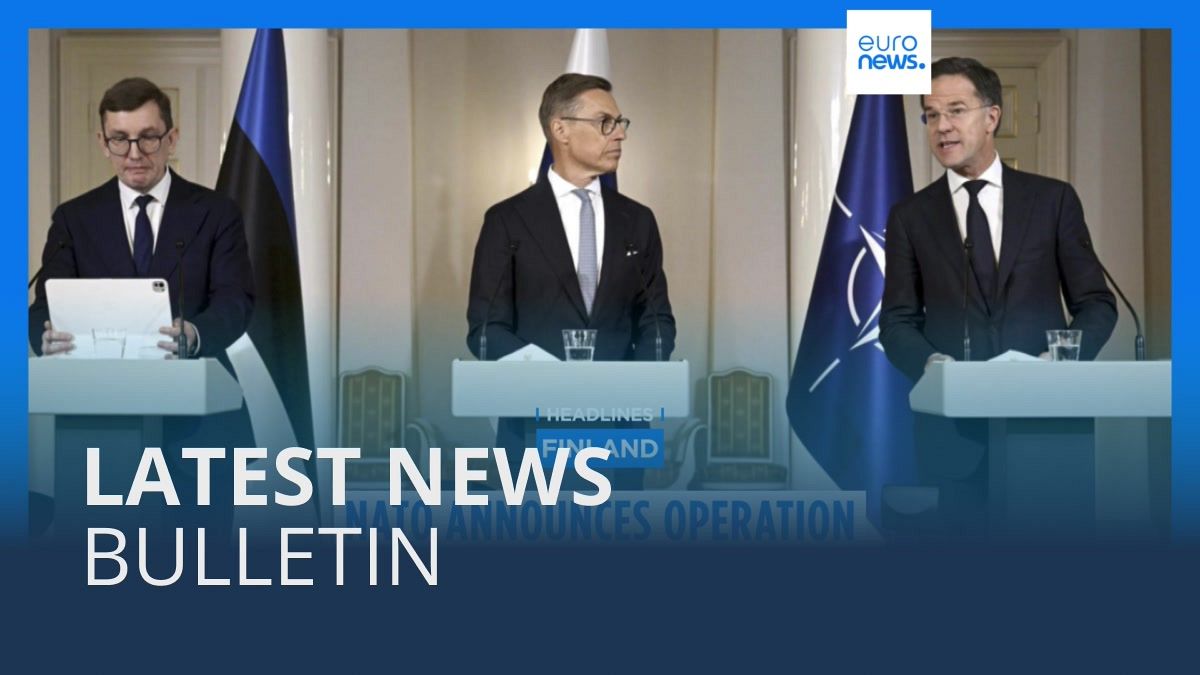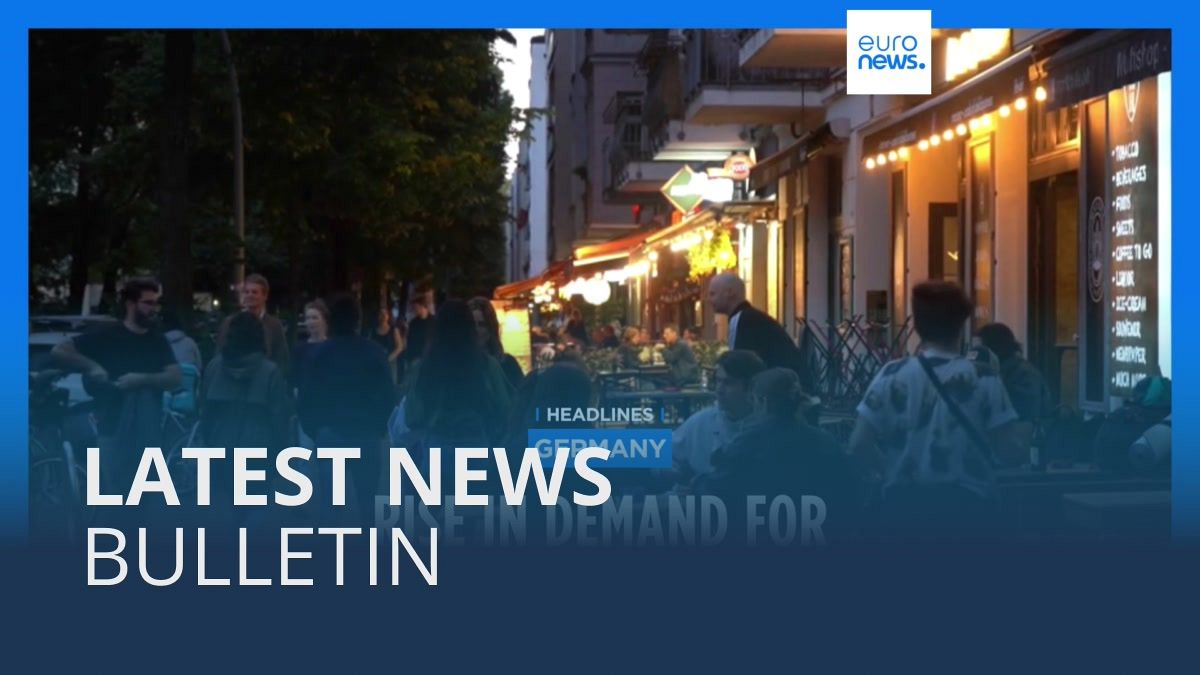Europe’s Draghi report unleashed: These are the 5 things to watch
A blueprint to make the EU more competitive with the rest of the world is published on Monday. It's likely to prove controversial.

BRUSSELS ― Mario Draghi was the man hailed as saving the eurozone during the sovereign debt crisis when president of the European Central Bank. This time his challenge may be greater still: Stop Europe falling behind the rest of the world.
European Commission President Ursula von der Leyen asked Draghi to write a landmark report on the future of EU competitiveness around a year ago. Its topics vary far and wide, and many of them will prove controversial.
After many months of drafting behind closed doors, it will finally be made public on Monday.
In part it’s a response to the EU facing structural problems in sectors as diverse as defense and energy. But it has also to solve issues ignored for a long time such as a lack of investment in innovation ― with U.S. firms investing around €700 billion more each year ― and difficulties posed in tapping Europe’s potential. Much of this, some say, is because the bloc is still fragmented along nation-state lines.
With rivals such as the U.S. and China progressively distancing themselves from the old world of free trade, the EU is generally struggling to find its own way to compete on the global stage.
The report will come in at around 400 pages, including recommendations for 10 main economic sectors. Here, POLITICO looks at five major talking points.
1. Money, money, money
Draghi has made it clear from the very beginning that the EU needs to invest an “enormous amount of money in a relatively short time” to finance economic decarbonization, digital innovation, and all the infrastructure that can be considered a European common good.
He stressed several times that private capital should play the biggest role. But in the runup to the report’s publication, he has avoided being specific on where public financing might come into it.
EU countries are and have always been deeply divided on the matter, while the Commission is considering a big reshuffle of the EU budget. That is likely simply to make disagreement even more acute.

Draghi is a very well-known supporter of increasing EU borrowing capacity. Several countries are opposed to this, too.
What to watch: ECB economists estimate the entire gap in public funding amounts to €900 billion just for the period 2025-2031. POLITICO was told that the report will include similar forecasts.
2. The winner takes it all
The question that’s been asked for years is why productivity in the EU is lower than that of the U.S.
Draghi’s report will emphasize that this is mostly driven by a lack of investment in innovation ― with American companies investing €700 billion a year more than European ones, the biggest investment gaps in tech and telecom, and firms relying on foreign investors.
As Jan Mischke, partner at the McKinsey Global Institute, put it: “€700 billion may seem daunting, but it’s important to keep in mind that this is equivalent to 3 percent-odd of European [gross domestic product].”
What to watch: Draghi is pitching new prudential rules for banking and investors to make it easier to make risky investments. The European Investment Bank ― the EU’s lending arm ― is already working on the matter. But Europe needs more than just negligible change: A huge pivot on tech strategy that includes finding a way to consistently bring technologies to the market is a core challenge in the years ahead. It may be an existential one too.
3. It’s electrifying
The EU set rules on clean tech only last year. But it is lagging behind in the race to produce cheap green technologies ― and it’s missing a consistent energy strategy. The report is set to call for a boost not only in production but also demand for more added-value clean tech products. It is also expected to propose solutions and a broad strategy to solve the energy puzzle.
What to watch: Draghi has hinted at increasing investment in energy grids, and it will be easy for him to grab consensus on that. But that’s not the whole story. Energy-intensive industries are seeking concrete changes in price-setting mechanisms currently based on more expensive and polluting fossil fuels.
4. Trade (and merger) tales
Business lobby groups and EU lawmakers are wondering how ambitious the report will be in reviewing core EU policies such as competition rules and trade.
Draghi hinted at a major use of tariffs in a speech this summer to confront America and China’s more protectionist approaches. Several countries fear the EU will abandon its position as free-trade champion.
The report will propose a strategy to cut dependencies through trade deals, especially on raw materials, and increase common procurement.

But that will be the easy part. Draghi also hinted at the need to allow more mergers.
What to watch: Last week, POLITICO revealed that he is proposing loosening rules for defense deals, but in a closed-door meeting Draghi said that consolidation might be sought in some sectors. The telecoms lobbyists pricked up their ears.
5. We’re still Europe though
Draghi told lawmakers that his work will be based on European values such as social equality, equity, and quality public services.
His research will include a comparison about inequalities in parts of the world, but the report is also likely to focus on what’s often called “the European social model” and how it can be useful in setting up new social standards that can be beneficial to firms and the manufacturing sector.
In his more recent speeches, Draghi has said EU governments “do not focus enough on our own market: almost 80 percent of procurement over the last two years has been from outside the EU.” He proposed changes to introduce Buy European clauses in procurement rules.
What to watch: We bet that the report will include a more detailed proposal on made-in-Europe clauses. But we cannot say if it will be enough to convince left-wing politicians and lawmakers, who are the most skeptical ― indeed, openly critical ― toward the incoming report.
Bonus track: It’s the governance, stupid
Trying to fully exploit the bloc’s size and to make its policies consistent will be one of the main topics of the report.
Speaking at an event in London last June, Draghi said American regulation, taxation, foreign policy and finance were well aligned but that governance is the EU’s challenge.
He has mentioned the EU needs stricter coordination of fiscal policies and that’s how the Commission works should be reformed.
But von der Leyen has already presented her program for the Commission’s work over the next five years and Draghi himself said he recognized that the outcome of his work will mostly depend on the EU’s 27 countries.
It doesn’t help that many of them happen to be in political crisis and, generally speaking, more right-wing than they’ve been for a long time. That won’t be conducive to Draghi realizing his ambitions.
What's Your Reaction?








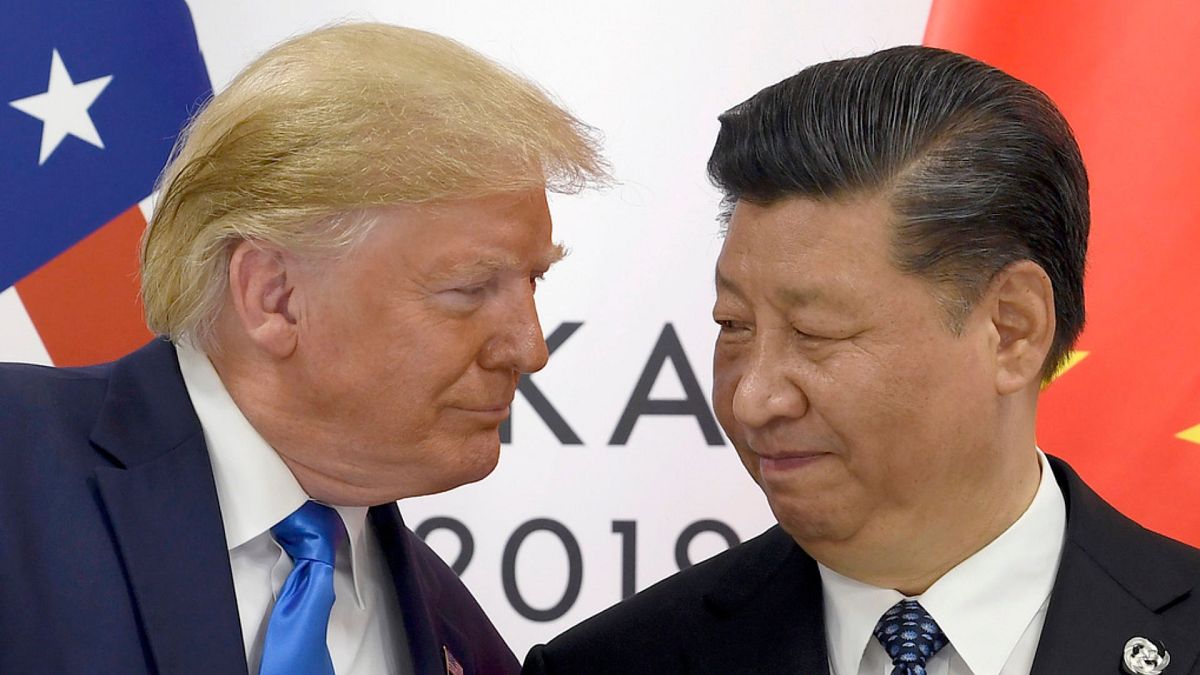
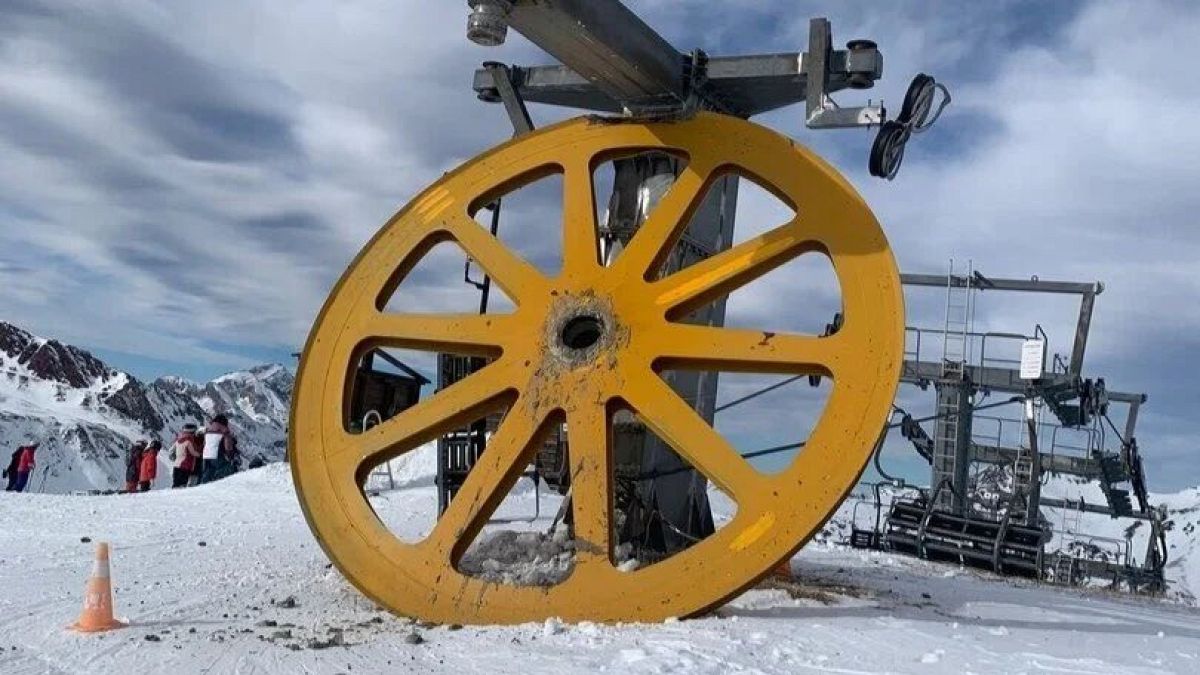

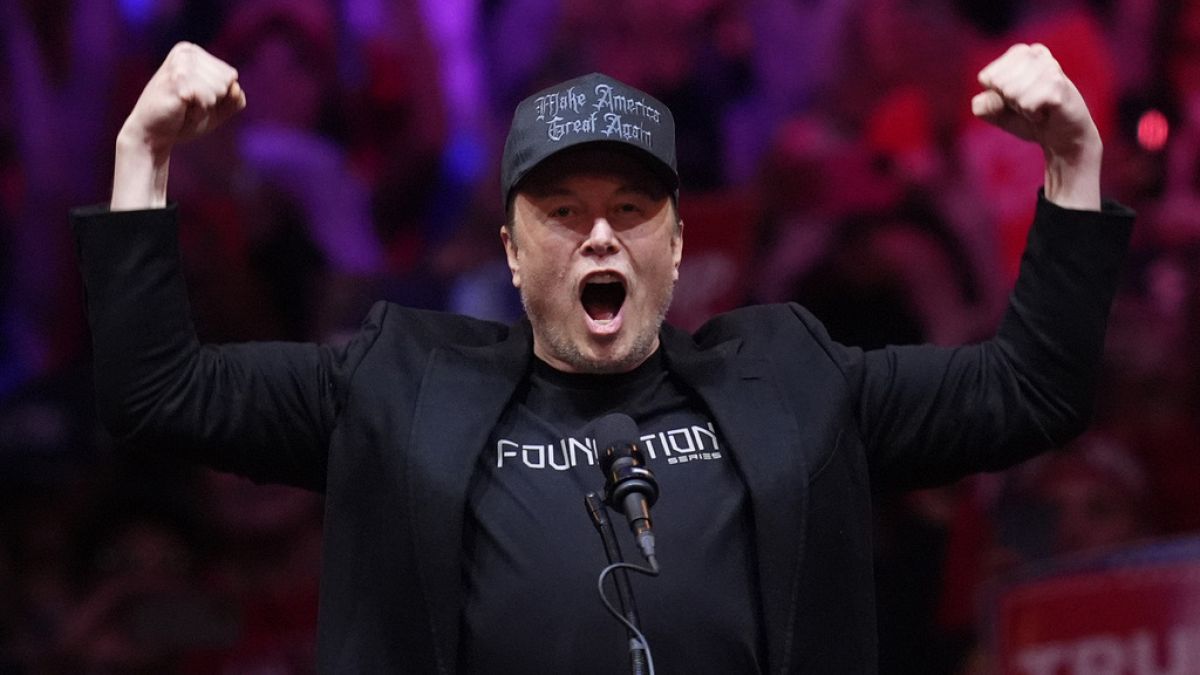






















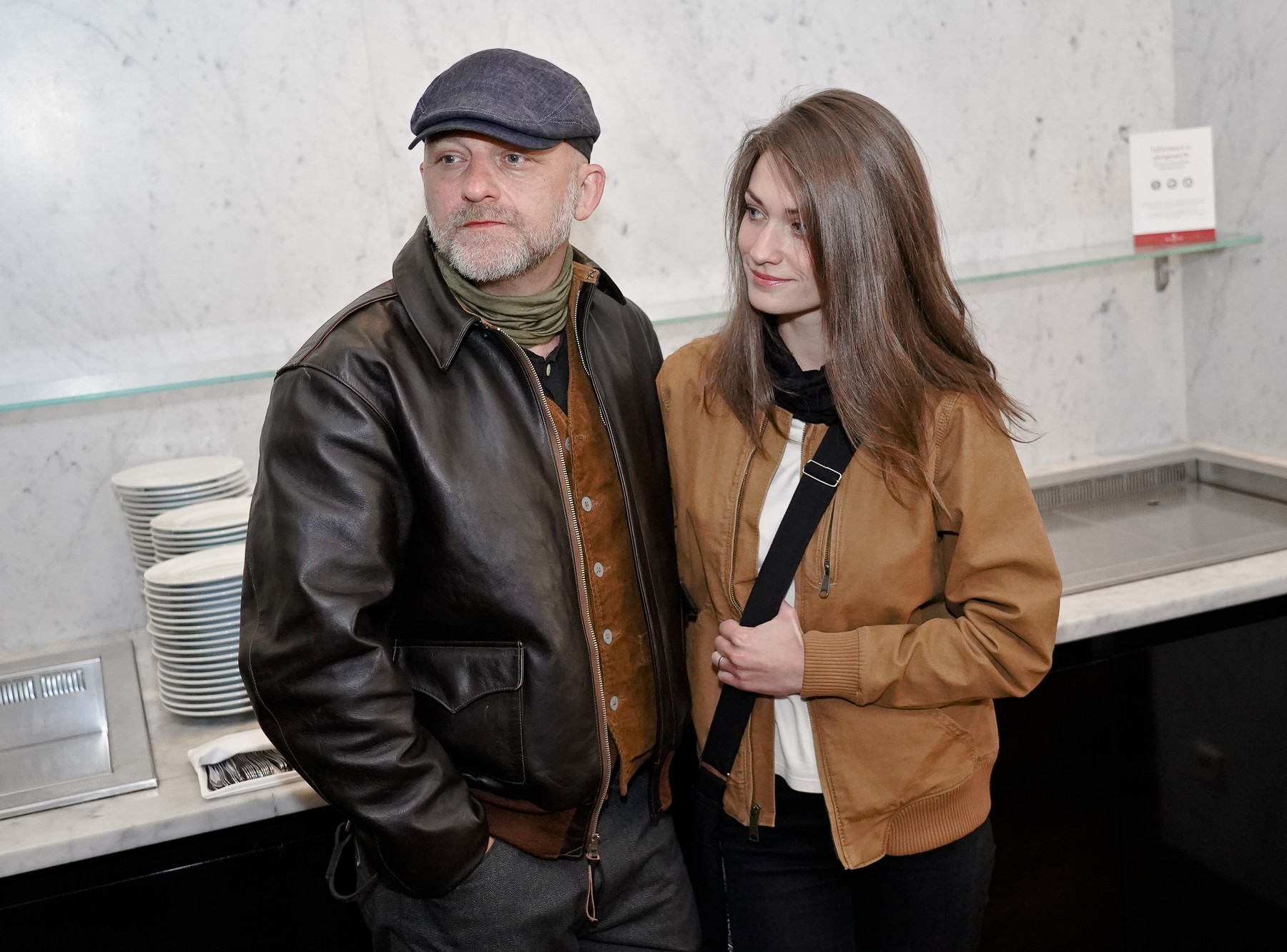
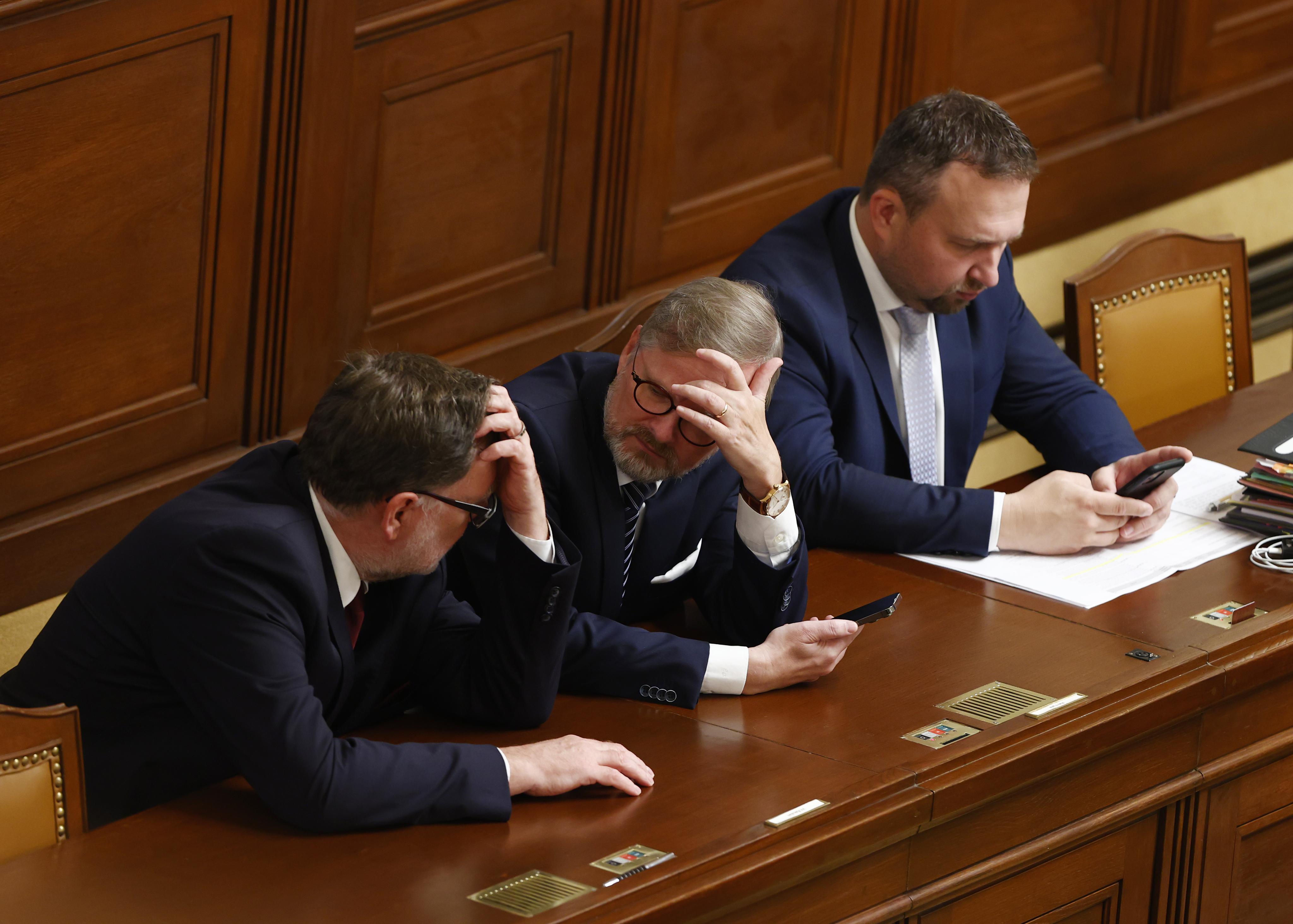


 Bretagne Nord Sotheby's International Realty - Château Costaérès (1).jpg?#)









